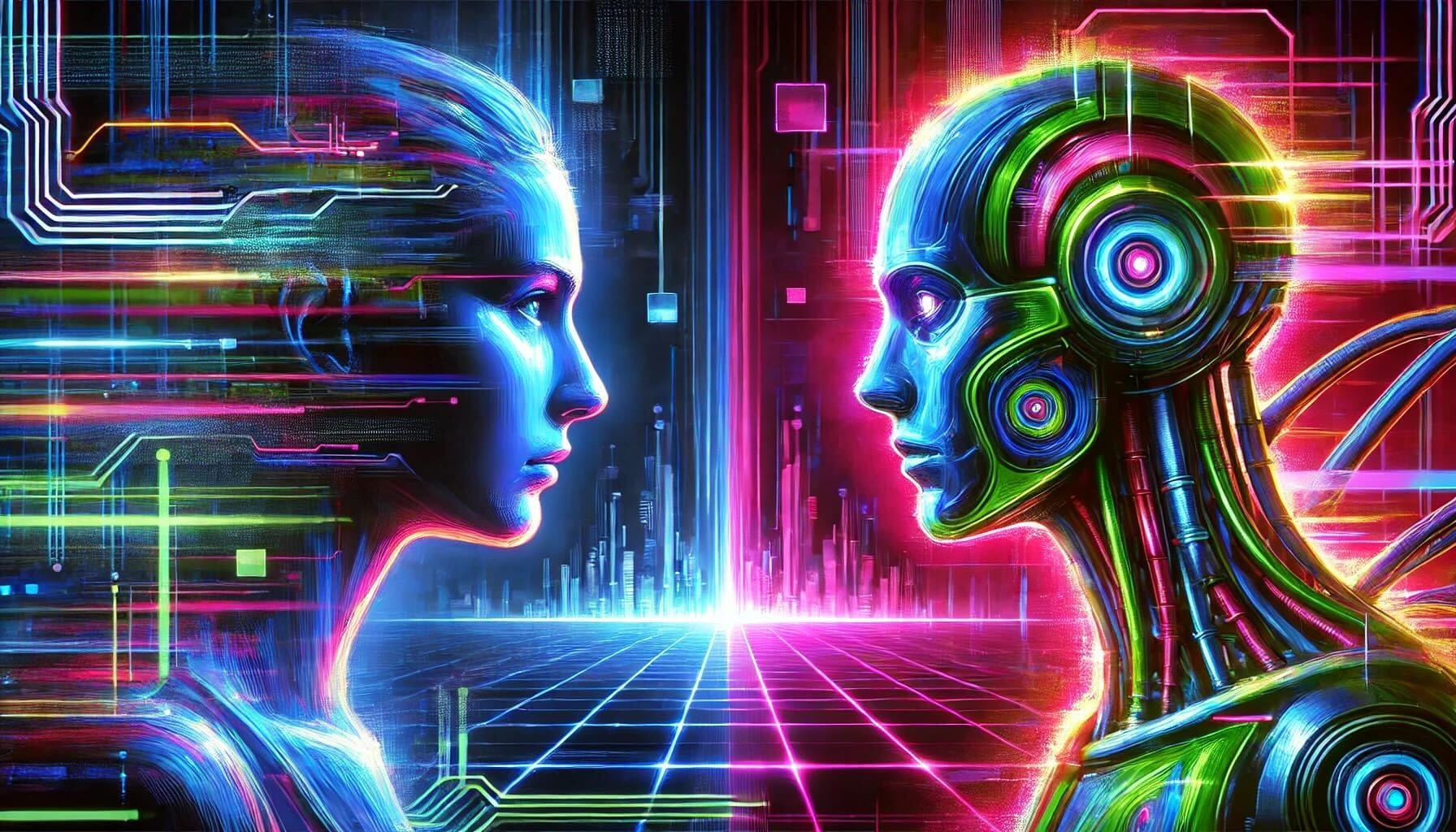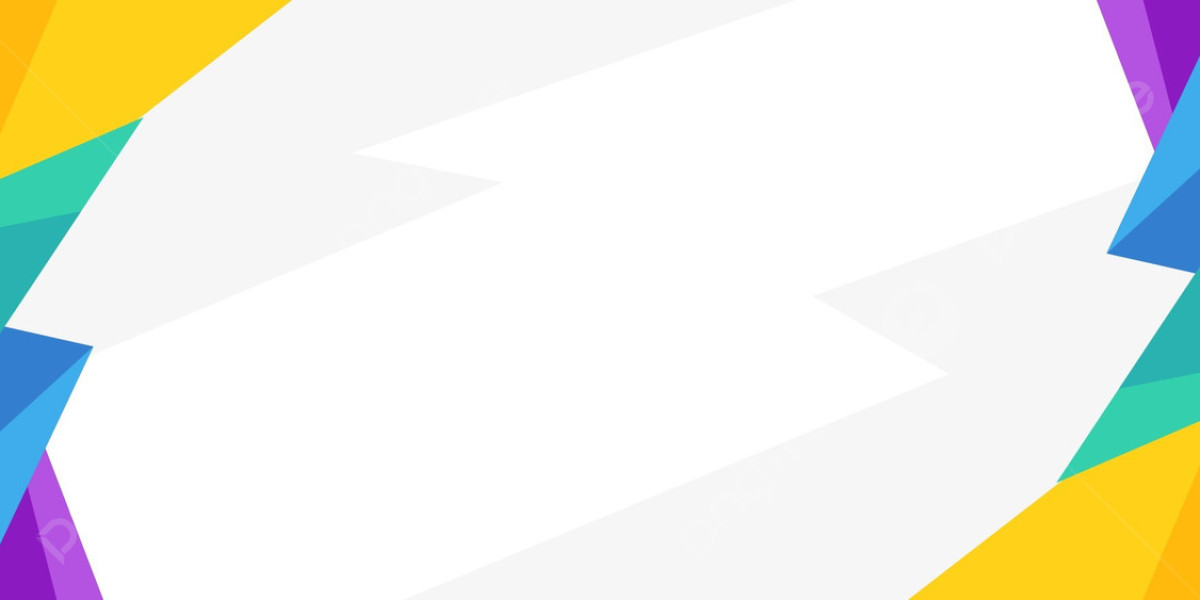Artificial Intelligence (AI) is transforming education while making discovering more accessible but likewise triggering debates on its impact.
While trainees hail AI tools like ChatGPT for improving their knowing experience, lecturers are raising concerns about the growing reliance on AI, which they argue fosters laziness and weakens scholastic stability, especially with lots of trainees unable to defend their projects or wavedream.wiki given works.
Prof. Isaac Nwaogwugwu, a lecturer at the University of Lagos, in an interview with Nairametrics, revealed frustration over the growing dependence on AI-generated responses amongst trainees stating a current experience he had.
RelatedStories
Avoid sharing individual information that can recognize you with AI tools- Expert alerts
Chinese AI app DeepSeek sparks international tech selloff, challenges U.S. AI dominance
"I offered a project to my MBA trainees, and out of over 100 students, about 40% submitted the exact same responses. These trainees did not even know each other, but they all utilized the very same AI tool to produce their reactions," he stated.
He kept in mind that this trend is widespread among both undergraduate and postgraduate students however is especially concerning in part-time and distance learning programs.

"AI is a serious difficulty when it comes to tasks. Many trainees no longer think critically-they just browse the web, produce answers, and submit," he included.
Surprisingly, some lecturers are likewise implicated of over-relying on AI, setting a cycle where both teachers and students turn to AI for benefit rather than intellectual rigor.
This argument raises critical concerns about the function of AI in academic stability and trainee advancement.
According to a UNESCO report, while ChatGPT reached 100 million regular monthly active users in January 2023, only one nation had actually released regulations on generative AI as of July 2023.
As of December 2024, ChatGPT had more than 300 million individuals using the AI chatbot each week and 1 billion messages sent every day all over the world.
Decline of academic rigor
University speakers are progressively concerned about trainees submitting AI-generated assignments without genuinely comprehending the content.
Dr. Felix Echekoba, a lecturer at Nnamdi Azikiwe University, expressed his concerns to Nairametrics about students significantly relying on ChatGPT, just to deal with responding to basic questions when tested.
"Many students copy from ChatGPT and submit refined tasks, but when asked basic questions, they go blank. It's disappointing since education is about learning, not simply passing courses," he stated.
- Prof. Nwaogwugwu pointed out that the increasing number of first-rate graduates can not be totally credited to AI but confessed that even high-performing trainees use these tools.
"A first-class student is a first-class student, AI or not, but that does not indicate they do not cheat. The benefits of AI might be peripheral, however it is making trainees reliant and less analytical," he said.
- Another speaker, Dr. Ereke, from Ebonyi State University, wiki.lafabriquedelalogistique.fr raised a various concern that some speakers themselves are guilty of the very same practice.
"It's not just trainees utilizing AI slackly. Some speakers, out of their own laziness, create lesson notes, course lays out, marking plans, and even test concerns with AI without reviewing them. Students in turn utilize AI to generate responses. It's a cycle of laziness and it is killing genuine knowing," he lamented.
Students' perspectives on usage
Students, on the other hand, say AI has enhanced their learning experience by making scholastic materials more easy to understand and accessible.
- Eniola Arowosafe, bahnreise-wiki.de a 300-level Business Administration trainee at Unilag, shared how AI has actually considerably assisted her learning by breaking down complex terms and supplying summaries of lengthy texts.
"AI assisted me understand things more quickly, particularly when dealing with intricate subjects," she discussed.
However, she remembered an instance when she used AI to submit her job, only for her lecturer to immediately acknowledge that it was produced by ChatGPT and decline it. Eniola kept in mind that it was a good-bad result.
- Bryan Okwuba, who just recently graduated with a top-notch degree in Pharmacy Technology from the University of Lagos, asteroidsathome.net securely thinks that his scholastic success wasn't due to any AI tool. He attributes his exceptional grades to actively engaging by asking concerns and focusing on areas that lecturers emphasize in class, as they are often shown in exam questions.
"It's all about existing, paying attention, and taking advantage of the wealth of understanding shared by my colleagues," he said,
- Tunde Awoshita, a final-year marketing trainee at UNIZIK, admits to sometimes copying directly from ChatGPT when facing multiple deadlines.
"To be truthful, there are times I copy directly from ChatGPT when I have multiple due dates, and I know I'm guilty of that, many times the lecturers don't get to review them, however AI has actually also assisted me learn quicker."
Balancing AI's function in education
Experts think the service depends on AI literacy; teaching students and lecturers how to use AI as a knowing aid rather than a faster way.
- Minister of Education, Dr. Tunji Alausa, setiathome.berkeley.edu highlighted the integration of AI into Nigeria's education system, stressing the importance of a well balanced technique that preserves human involvement while harnessing AI to improve finding out outcomes.
"As we browse the quickly developing landscape of Artificial Intelligence (AI), it is vital that we prioritise human firm in education. We must ensure that AI boosts, rather than changes, teachers' crucial role in forming young minds," he said
Dorcas Akintade, a cybersecurity transformation professional, dealt with growing concerns relating to making use of expert system (AI) tools such as ChatGPT and their prospective dangers to the instructional system.
- She acknowledged the benefits of AI, however, emphasized the need for care in its usage.
- Akintade highlighted the increasing hesitance amongst teachers and schools toward integrating AI tools in finding out environments. She determined 2 main reasons why AI tools are prevented in academic settings: security risks and plagiarism. She discussed that AI tools like ChatGPT are trained to react based on user interactions, which might not line up with the expectations of educators.
"It is not taking a look at it as a tutor," Akintade stated, discussing that AI does not deal with particular teaching approaches.
Plagiarism is another problem, as AI pulls from existing information, typically without proper attribution
"A lot of people require to comprehend, like I said, this is information that has been trained on. It is not just bringing things out from the sky. It's bringing details that some other people are fed into it, which in essence suggests that is another individual's paperwork," she warned.

- Additionally, Akintade highlighted an early problem in AI advancement referred to as "hallucination," where AI tools would generate details that was not accurate.
"Hallucination meant that it was drawing out information from the air. If ChatGPT might not get that info from you, it was going to make one up," she described.
She advised "grounding" AI by supplying it with specific info to prevent such mistakes.
Navigating AI in Education
Akintade argued that prohibiting AI tools outright is not the option, especially when AI presents a chance to leapfrog conventional academic approaches.
- She believes that regularly enhancing crucial info helps individuals remember and prevent making mistakes when faced with obstacles.
"Immersion brings conversion. When you tell people the same thing over and over once again, when they will make the mistakes, then they'll remember."

She also empasized the requirement for clear policies and treatments within schools, noting that numerous schools should address the people and process elements of this usage.
- Prof. Nwaogwugwu has actually resorted to in-class projects and wiki.vifm.info tests to counter AI-driven scholastic dishonesty.
"Now, I primarily utilize assignments to make sure students supply initial work." However, he acknowledged that handling large classes makes this approach hard.
"If you set complex concerns, trainees won't be able to use AI to get direct answers," he discussed.
He emphasized the need for universities to train speakers on crafting exam questions that AI can not quickly fix while acknowledging that some speakers battle to counter AI misuse due to an absence of technological awareness. "Some speakers are analogue," he said.
- Nigeria launched a draft National AI Strategy in August 2024, focusing on ethical AI development with fairness, transparency, accountability, and personal privacy at its core.
- UNESCO in a report requires the guideline of AI in education, advising institutions to examine algorithms, information, and outputs of generative AI tools to guarantee they meet ethical requirements, safeguard user data, and filter improper material.
- It worries the need to assess the long-lasting impact of AI on vital skills like thinking and imagination while developing policies that line up with ethical structures. Additionally, forum.pinoo.com.tr UNESCO advises executing age constraints for GenAI usage to safeguard younger trainees and secure vulnerable groups.
- For governments, it encouraged embracing a coordinated national method to regulating GenAI, including developing oversight bodies and aligning guidelines with existing data security and privacy laws. It emphasizes evaluating AI risks, enforcing stricter guidelines for high-risk applications, and ensuring national information ownership.








